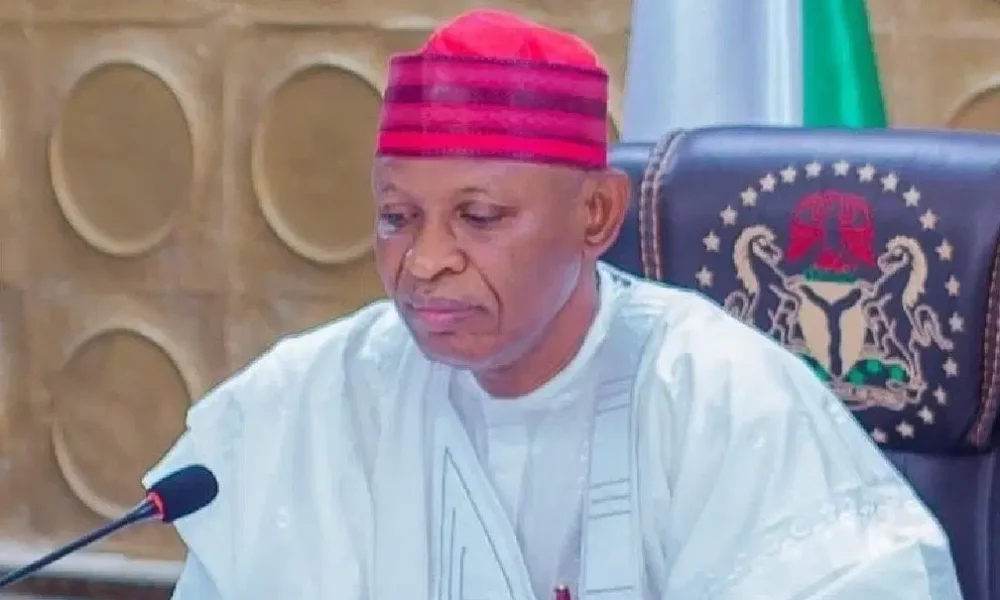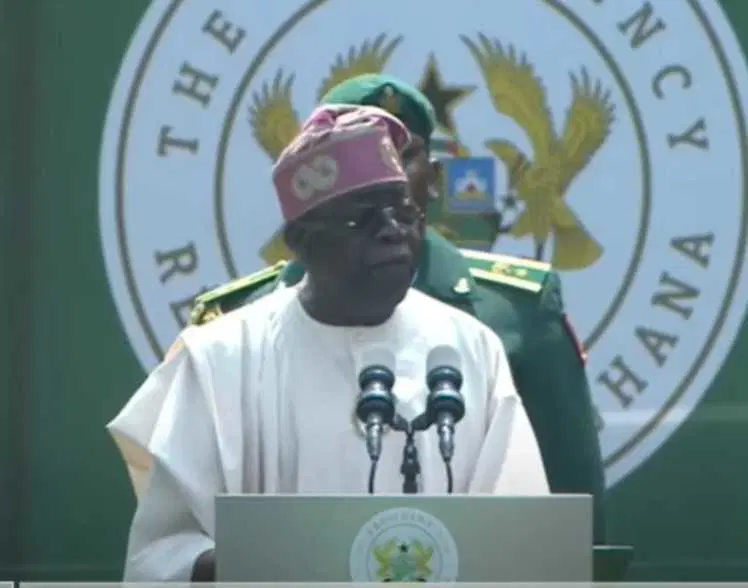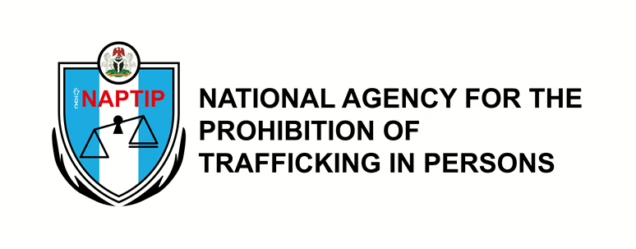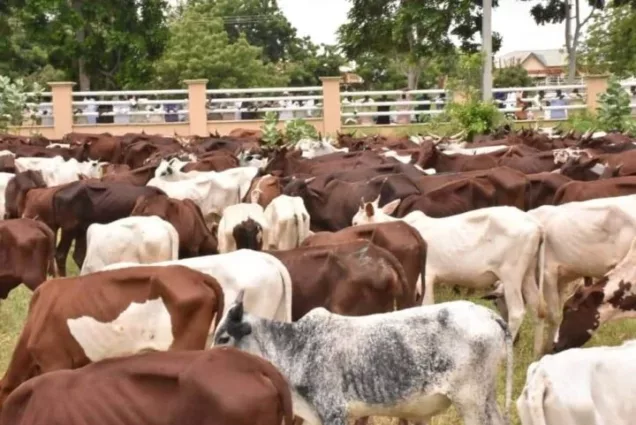The Petroleum and Natural Gas Senior Staff Association of Nigeria (PENGASSAN) on Tuesday declared that it is in support of the impending removal of subsidy on petrol by the Federal Government.
Speaking with journalists at the meeting of its National Executive Council meeting in Abuja, PENGASSAN’s President, Comrade Festus Osifo said the Federal Government can go ahead to remove subsidy though there is still lack of capacity for local refining.
According to Osifo, since crude oil which constitutes about 90% of the product cost of petrol is sold at international price, the difference between imported and locally refined petrol will be negligible.
He added that PENGASSAN has been insisting on making the local refineries functional before removal of subsidy not because it believes that the price of the product will be lower when refined locally.
Rather, he said PENGASSAN believes that pumping up the local refining capacity will result in creation of jobs from the value chain.
Osifo said: “Today if you look at the cost of importation of PMS and even the cost to produce locally because the primary source is crude and that crude is sold at international price.
“The crude cost contribute over 80 to 90% of the overall PMS cost. So it will not necessarily bring down the price.
” So the reason we are agitating that the refineries should be working is practically because we want more jobs to be created and we want the value chain to be deepened.”
He however dismissed claims that petrol price will jump up to N750 per litre if subsidy is removed.
Osifo said calculation was based on a black market exchange rate.
He also advised the Federal Government has 20% stake in Dangote refinery, he advised it to buy more stake in the entity to further guarantee the nation’s energy security.
He added that with NNPC, the country cannot run short of petrol even in a fully deregulated regime while Dangote refinery which is already doing pre-commissioning will start refining in June.
He added that private refineries like Dangote are reluctant to commence production because of the lingering subsidy regime.
But he opposed the plan by the Federal Government to sell the nation’s refineries.
Instead, he advised that that the Nigerian Liqufield Natural Gas (NLNG) model can be adopted to concession the refineries private investors.
He further advised that funds realised from subsidy removal could be invested on infrastructure such as roads or even spend on settling the university lecturers to prevent them from incessant strike.











